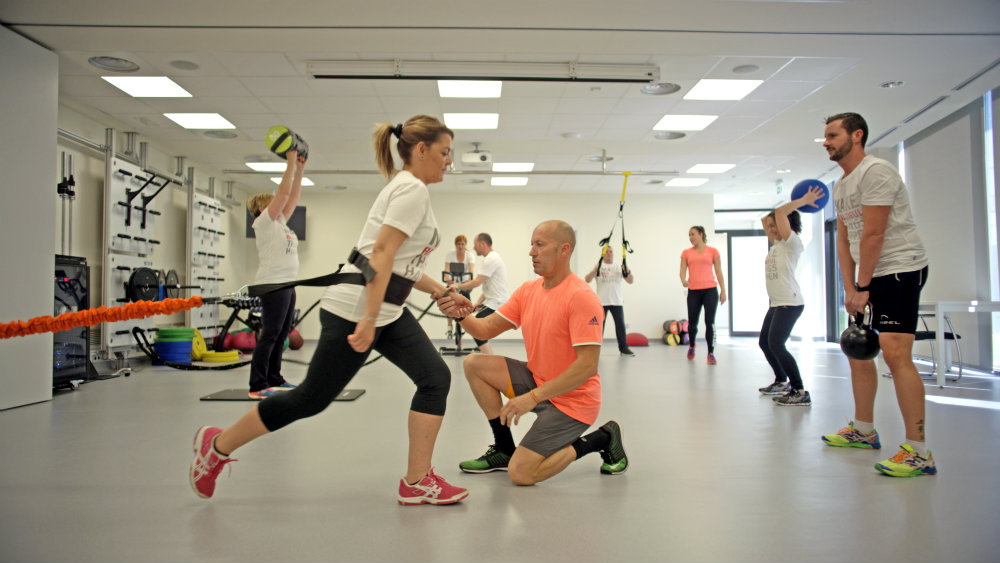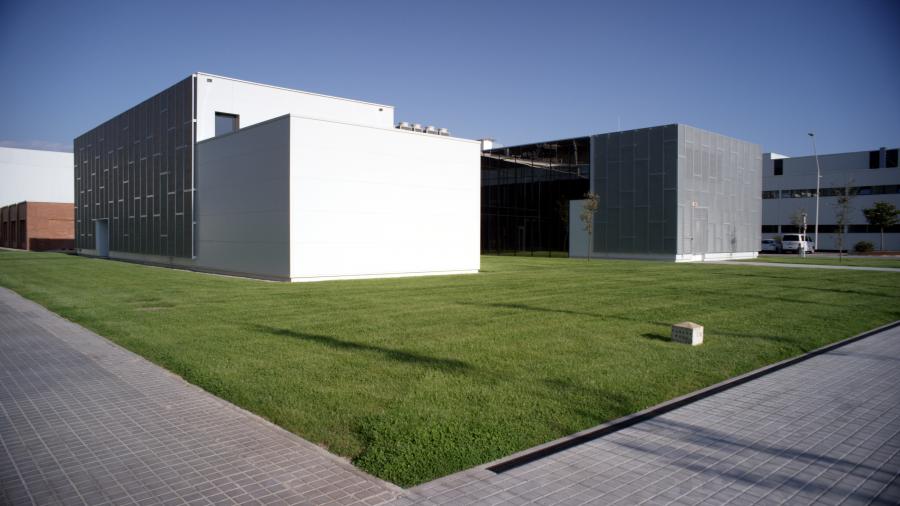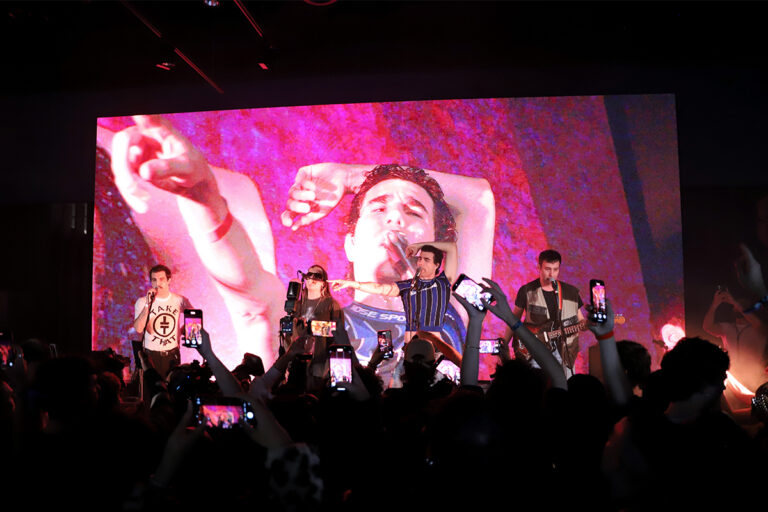By investing in new healthcare facilities and wellness programs for workers, these companies are increasing the productivity and engagement of their employees, improving morale, reducing turnover, stress and absenteeism, and enhancing their appeal to the millennial generation.

SEAT, the Barcelona-based car manufacturer which almost single-handedly drove Spain into the automotive era in the 1950s and 60s, has put health and wellness at the center of the company’s transformation for the digital age.
“We are transforming the company from the inside,” Luca de Meo, President, SEAT
In April this year, SEAT opened CARS, a $3.6 million healthcare and rehabilitation center for employees, where specialists in areas such as traumatology, cardiology and gynecology are offering a wide range of personalized services to all workers. CARS provides the entire workforce with treatment for medical conditions, as well as preventative care such as examinations for the early detection of breast and cervical cancer—unusually for a car plant, one quarter of employees on the factory floor are female.
SEAT, which is Spain’s largest industrial investor in R&D, is making extensive use of state-of-the-art technologies at the center. The CARS facility includes a biomechanical laboratory equipped with 3D cameras, enabling SEAT to simulate work processes on the assembly line and adapt the ergonomics of each job requirement to individual employees.
“Technology in the laboratory and on the factory floor will help make our workforce physically healthier,” says Dr Patricia Such, the company’s head of health and safety.
Mental health is just as important to SEAT as physical well-being, says Xavier Ros, the company’s executive vice-president for human resources. “We want our employees to be both physically and mentally healthy,” Ros adds. “As well as offering psychological services to all our workers, we rotate teams so that they do not spend too long on the same repetitive tasks.”
“We are continuously developing our culture to make sure employees are happy,”
Xavier Ros, Executive Vice-President for Human Resources, SEAT
In another very popular move, for some employees SEAT is phasing out the clocking-in and clocking-out requirements that were once the hallmark of traditional manufacturing companies.

“This pilot project makes it easy for participating employees to take their kids to school in the morning and pick them up in the afternoon,” Ros says. “We are also implementing tele-working pilot projects to help improve the work-life balance and we are looking into the possibility of setting up a kindergarten.”
SEAT’s focus on wellness is helping the company attract a new breed of employee, who will be crucial to SEAT’s rapid journey into the digital era of connected cars and ride-sharing services.
“The biggest challenge we face in human resources in the automotive industry is to prepare our employees for digital disruption and to attract talent from elsewhere,” Ros says.
“For millennials, it was inconceivable to come to a company and have to clock in to begin their working day. We do not pay for the time they are here but for the work they are doing. And as millennials do not like hierarchies, we are also flattening the organization and making senior management more approachable.”
“Our increasing commitment to wellness is helping us attract and retain talented employees. It is helping SEAT to transform for the future”![]()









